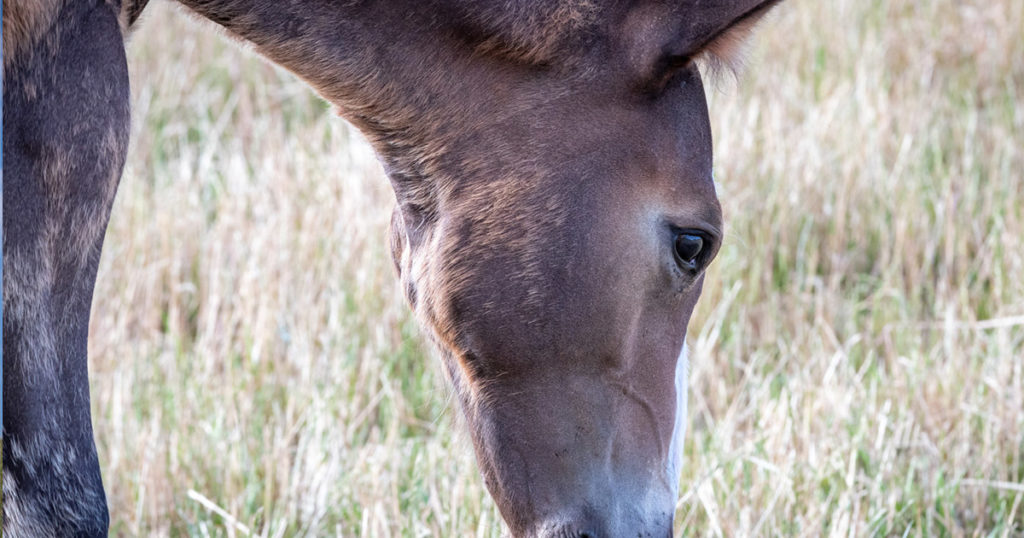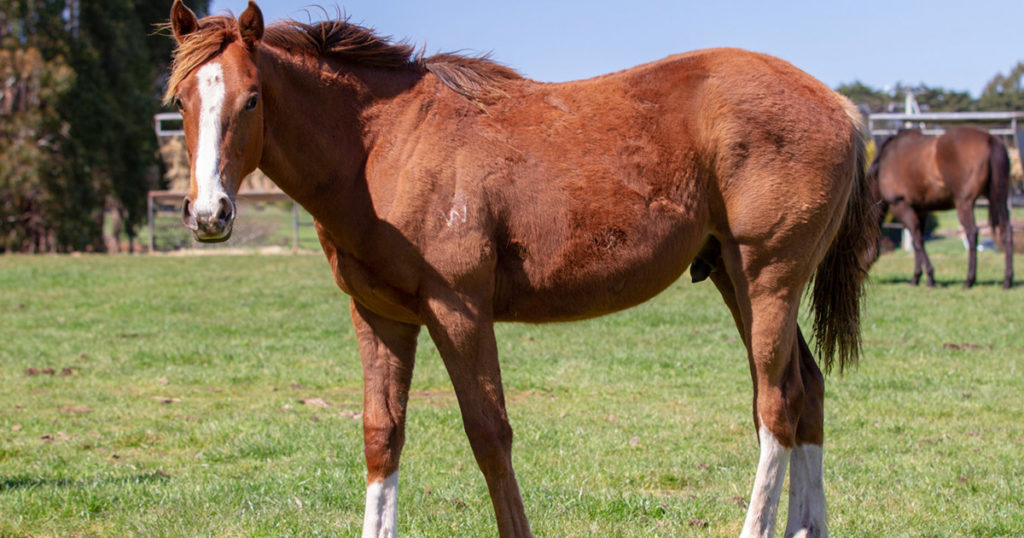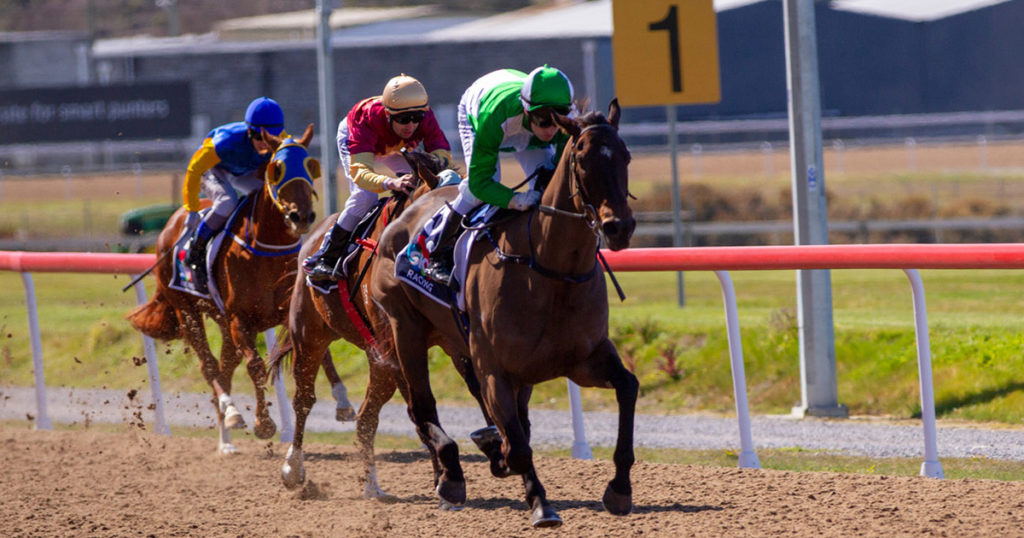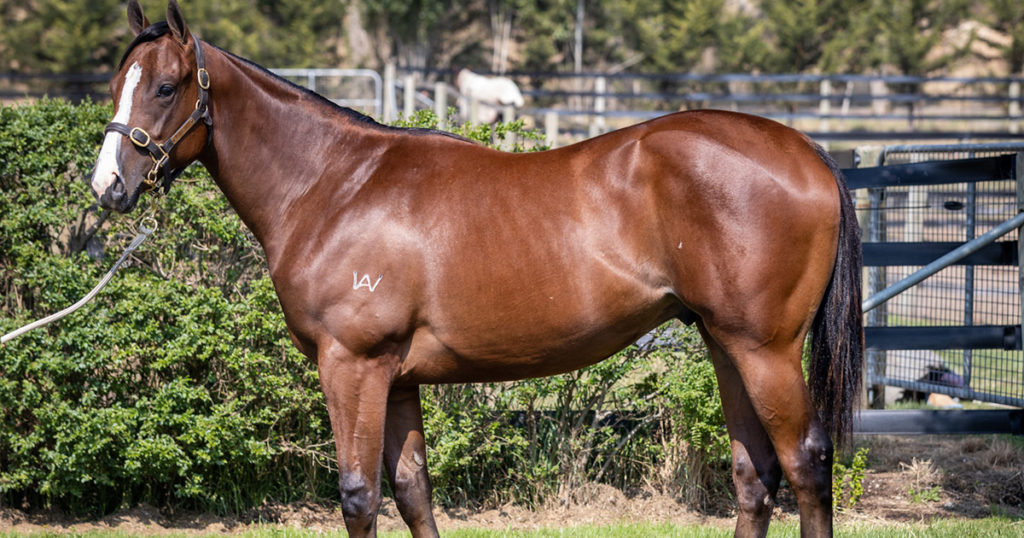As we move into weaning season in the Southern Hemisphere, it’s an opportune time to give thought to the timing of routine vaccinations we give to our horses. Vaccinations for Tetanus, Strangles, Equine Herpes Virus and Hendra Virus are commonly given to horses younger than 12 months of age. From a practical perspective, many vaccinations are typically given at the time when we wean the foal. Yet from a health perspective, this is likely not the best approach.
Research has clearly demonstrated that weaning is a stressful period in a foal’s life. From a biochemical perspective, this results in the stress hormone cortisol being produced at very high levels.
Stress (and in turn high cortisol levels) affect the horse’s immune system in many different ways. It commonly reduces the body’s ability to mount or maintain an effective immune response and immunity. The high levels of cortisol may decrease the production of specialised cells of the immune system and reduce the appropriate response of the immune system to the vaccine. This results in a less effective response to vaccination and less protection from what we’re trying to vaccinate the foal against. In some horses, this can result in ‘vaccination breakthroughs’ where the horse still gets the disease despite being vaccinated for it.
As a general rule, timing vaccinations at least 2-4 weeks away from the time of being weaned may help the horse to have the most effective response to vaccination and reduce the likelihood of vaccination breakthroughs.
The use of appropriately prescribed specific nutritional supplements and herbal medicines around the time of weaning and vaccination can be invaluable. Key pathways can be targeted to help modulate the stress response and support optimal immune response to vaccination.
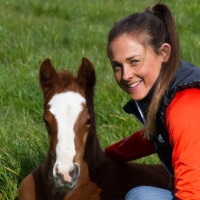
Camilla Whishaw is a highly regarded, experienced horsewoman and naturopath, helping to holistically treat and manage a broad range of equine health conditions and injuries, with a passion for mare and stallion fertility.
As a world-renowned practitioner, presenter, author, and consultant in the field of Equine Naturopathy, Camilla shares her knowledge through keynote presentations, interviews, lectures, panel sessions, and workshop training.

